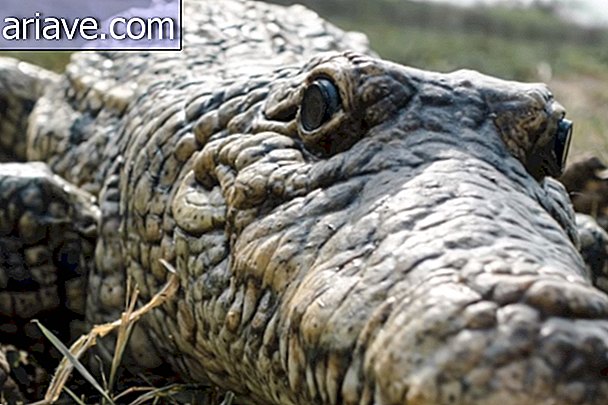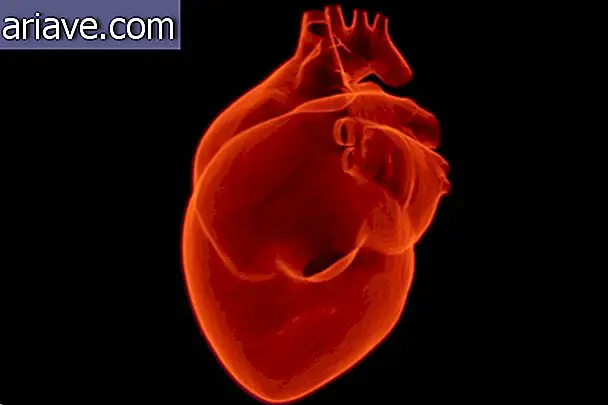Japan planned biological attack on US during World War II

When it comes to World War II, it is impossible not to mention Nazi concentration camps and the horrors committed against Jews and other ethnicities. But Japan, which suffered equally from atomic bombing, also committed some atrocities that remained secret for a long time.
According to io9, the story goes as follows: Within the Japanese Imperial Army was Unit 731, a group of soldiers and researchers that focused on chemical and biological warfare. Among the battalion's plans was even the launching of incendiary bombs on US forests and a kamikaze attack that would release plague bacteria into US ports.
But the ideas of Unit 731 were not just in theory. Testimonials and documents released only recently indicate that Chinese villages have received pots of flea-carrying rice carrying pests, killing hundreds of thousands of peasants indirectly. The attacks were to take place in 1945, but were prevented by the bombing of Hiroshima and Nagasaki and the subsequent surrender of Japan, which forced the team to dismantle their facilities.
What is worse is that much money from the Japanese government was allocated to Unit 731 - Emperor Hiroito himself was impressed by Ishii's knowledge and his water filtration equipment. A few years ago, according to the Daily Mail, survivors who were not arrested or convicted began to testify against the crimes.
concentration camps

Several experiments were also confirmed with Russian, Chinese and US prisoners of war and guinea pigs. Commanded by the military and physicist Dr. Shiro Ishii, the man behind Unit 731, the hundreds of atrocities committed owe nothing to what we know as Nazi works: dissections and removal of organs for study, injection of viruses and bacteria to accompany them. the evolution of disease, forced inseminations and other oddities hidden by a scientific background.
Sources: io9, Daily Mail











